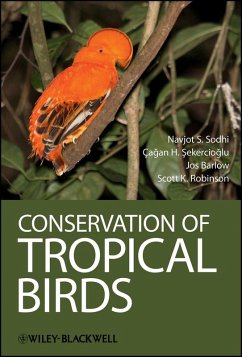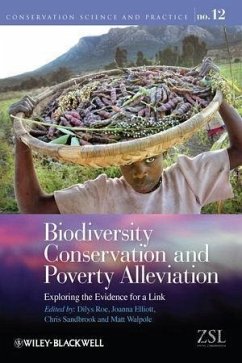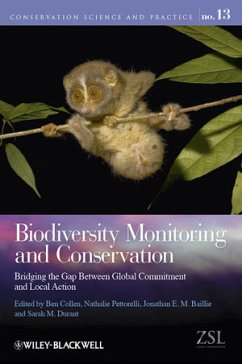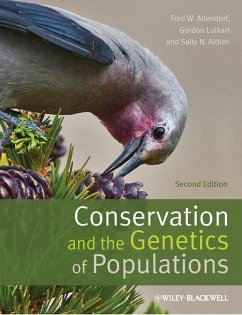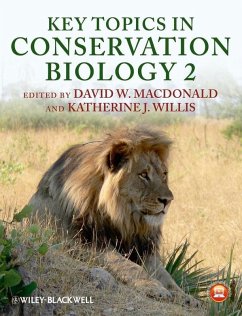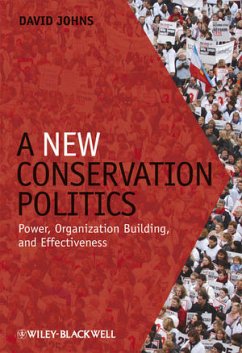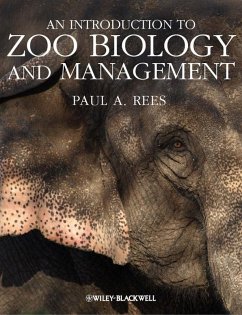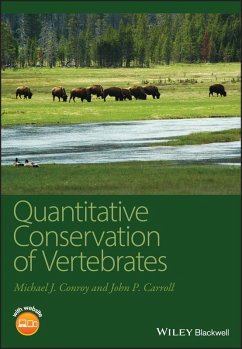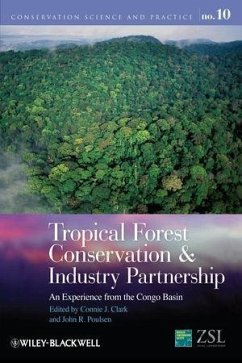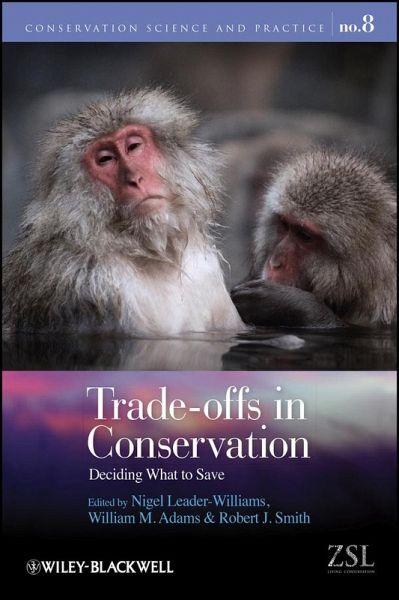
Trade-offs in Conservation (eBook, ePUB)
Deciding What to Save
Redaktion: Leader-Williams, Nigel; Smith, Robert J.; Adams, William M.
Versandkostenfrei!
Sofort per Download lieferbar
63,99 €
inkl. MwSt.
Weitere Ausgaben:

PAYBACK Punkte
0 °P sammeln!
This book demonstrates that trade-offs can be very important for conservationists. Its various chapters show how and why trade-offs are made, and why conservationists need to think very hard about what, if anything, to do about them. The book argues that conservationists must carefully weigh up, and be explicit about, the trade-offs that they make every day in deciding what to save. Key Features: * Discusses the wider non-biological issues that surround making decisions about which species and biogeographic areas to prioritise for conservation * Focuses on questions such as: What are these wid...
This book demonstrates that trade-offs can be very important for conservationists. Its various chapters show how and why trade-offs are made, and why conservationists need to think very hard about what, if anything, to do about them. The book argues that conservationists must carefully weigh up, and be explicit about, the trade-offs that they make every day in deciding what to save. Key Features: * Discusses the wider non-biological issues that surround making decisions about which species and biogeographic areas to prioritise for conservation * Focuses on questions such as: What are these wider issues that are influencing the decisions we make? What factors need to be included in our assessment of trade-offs? What package of information and issues do managers need to consider in making a rational decision? Who should make such decisions? * Part of the Conservation Science and Practice book series This volume is of interest to policy-makers, researchers, practitioners and postgraduate students who are concerned about making decisions that include recognition of trade-offs in conservation planning.
Dieser Download kann aus rechtlichen Gründen nur mit Rechnungsadresse in A, B, BG, CY, CZ, D, DK, EW, E, FIN, F, GR, HR, H, IRL, I, LT, L, LR, M, NL, PL, P, R, S, SLO, SK ausgeliefert werden.




